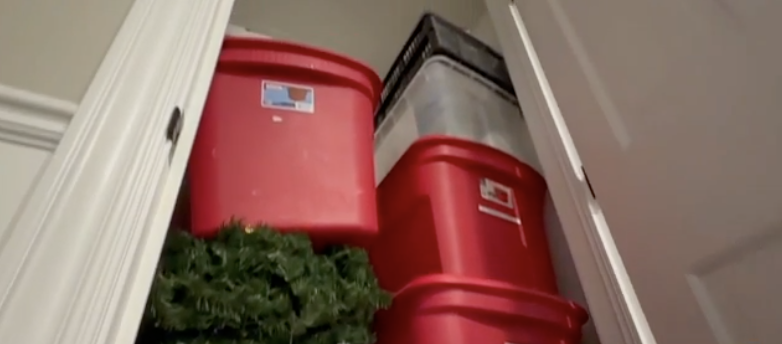With a 16 percent approval rating, it seems baffling why Congress would do anything to draw more criticism.
The House Ethics Committee took out a requirement that made members of Congress report privately-funded trips on their annual disclosure forms. (Via Getty Images)
As NPR reports, what that practically does is it makes it harder for journalists and watchdogs to find out about those trips, because the annual disclosure form is a kind of one-stop shop for that sort of information.
The National Journal was the first publication to notice the change on June 30, and politicians were quick to condemn the move – even though none of them apparently noticed it in the first place.
House Minority Leader Nancy Pelosi issued a statement on Tuesday, writing: "While the committee's aim was to simplify the disclosure process, Congress must always move in the direction of more disclosure, not less." (Via Getty Images)
So why would the Ethics Committee make such an eyebrow-raising decision in the first place?
Their argument was that members of Congress already had to report those trips on a different form, so putting it in the disclosure form was redundant.
Needless to say, that's not how the press took it.
"It's a quiet backroom deal: Congress is no longer required to report pricey trips paid for by lobbyists or special interests." (Via Fox Business)
"The Congress can't do much, but it can try to say, 'let's make it harder, when somebody pays for our free trips.' A. Why would they do this? And B. How do we catch them?" (Via CNN)
In light of that reaction, it wasn't terribly surprising when the Ethics Committee did a complete U-turn on Thursday, adding the requirement back in. (Via The Wall Street Journal)
The issue as a whole is, as one pundit described it, a little "inside baseball," in that it's not something the general public might normally pay attention to. Nevertheless, whenever Congress looks like it's trying to hide something, you can usually bet on it making the news.










